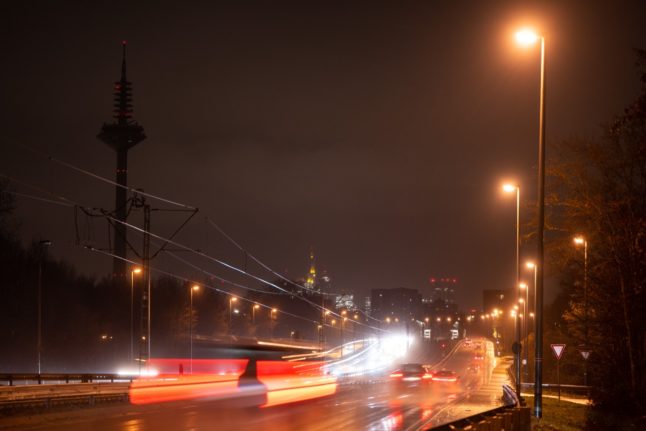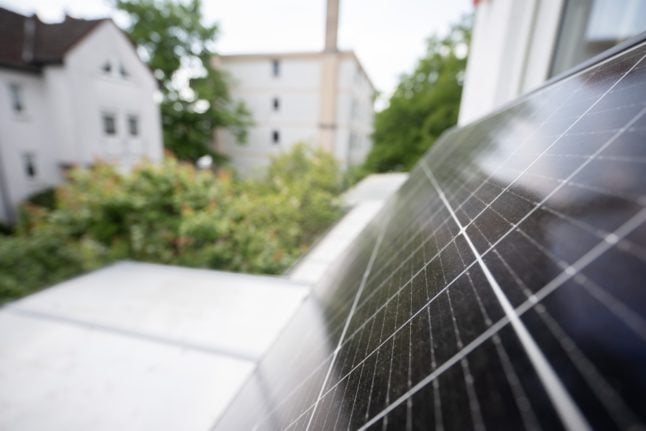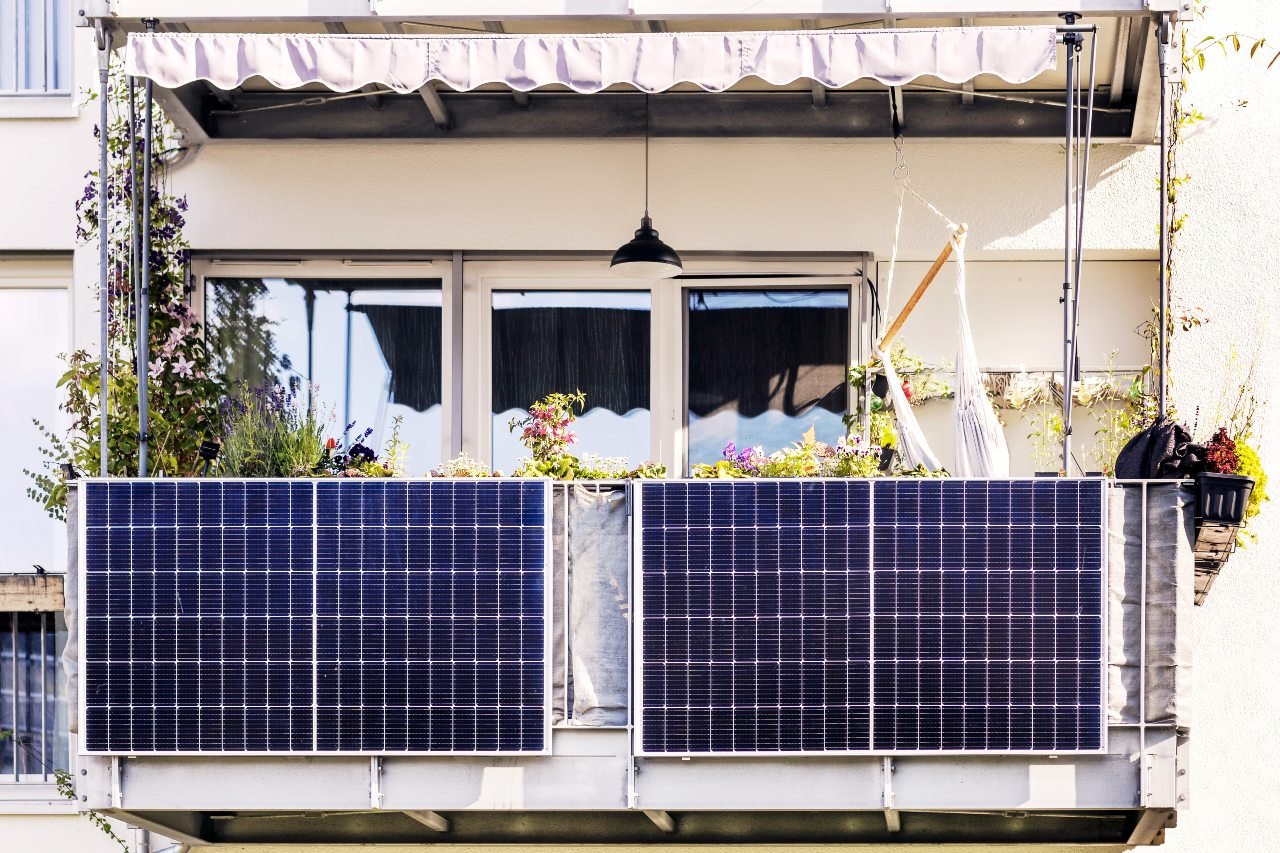The Federal Network Agency found that Germany’s power needs can be met “at all times” between 2025 and 2031 if the country follows through on plans to massively ramp up renewables and expand the energy grid.
“This will also be the case if energy consumption rises significantly because of new consumers such as electric vehicles and heat pumps, and the coal phase-out takes place by 2030,” the report said.
Europe’s biggest economy is speeding up its green energy transition after Russia’s war in Ukraine sent gas and electricity prices soaring and left Berlin scrambling to diversify supplies.
READ ALSO: Energy prices could double long-term in Germany, utilities companies warn
To help compensate for the shortfall in Russian gas deliveries, the government even restarted mothballed coal-fired power plants.
But Economy Minister Robert Habeck — from the ecologist Green party — has repeatedly said the measure was temporary and that Germany remained committed to quitting dirty fossil fuels.
The government aims to bring forward Germany’s coal exit to 2030, but has faced pushback from several eastern states that prefer to stick to the previous 2038 deadline.
Habeck on Wednesday acknowledged that there was “no agreement” on the end-date yet.
By 2030, the government wants 80 percent of Germany’s electricity to come from wind and solar power.
Berlin has pledged to cut red tape for installing wind turbines to meet the ambitious target, but observers say the pace is still too slow.
“We’re working on all fronts to become faster, more efficient,” Habeck told reporters in Berlin.
As part of the shift away from fossil fuels, the government also plans to only allow new gas-fired power plants if they can be converted to run on clean hydrogen.
“Gas is OK for the transition phase, but we need to get away from gas and switch to hydrogen power as soon as possible,” Habeck said.
READ ALSO: Is now a good time to switch energy providers in Germany?




 Please whitelist us to continue reading.
Please whitelist us to continue reading.
Member comments